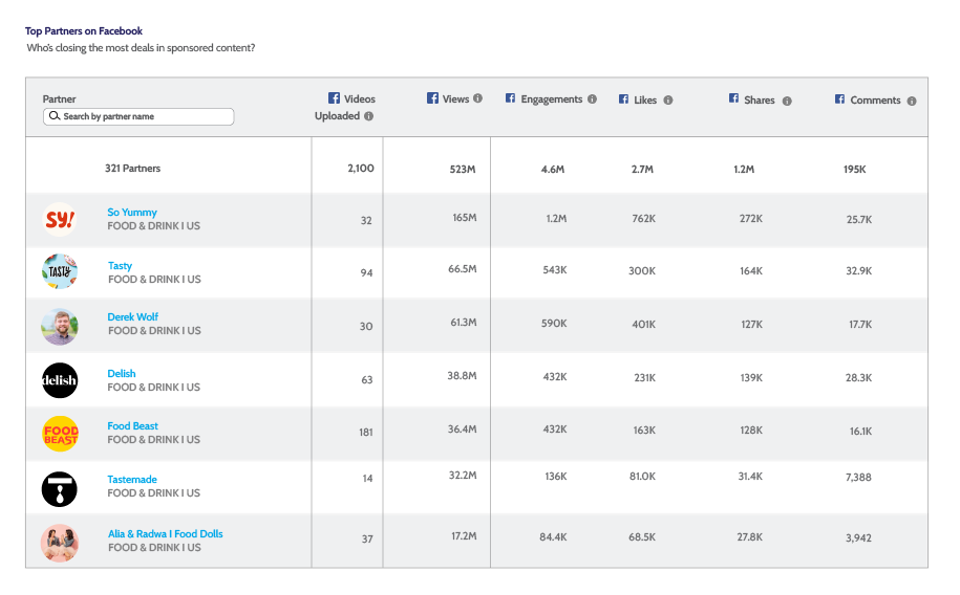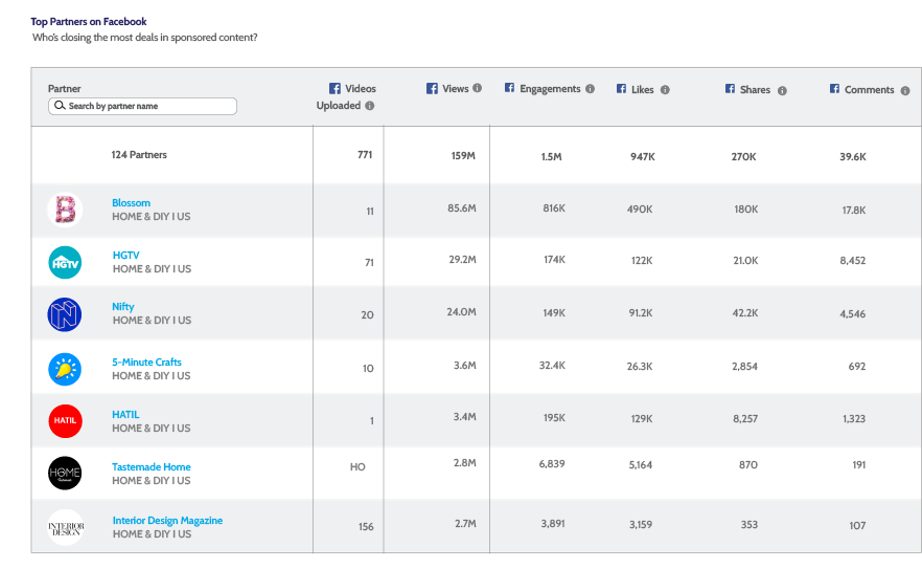Influencers. Some may scoff at the very mention of “influencer marketing,” but modern marketing strategies cannot afford to overlook this booming marketing campaign type.
Influencer marketing can find its roots in the early days of social media. What were then known simply as “brand ambassadors” have now exploded into a multi-billion dollar industry. According to a study published by Collabstr, influencer marketing spend is projected to hit $15 billion by the end of 2022. When it comes to brand awareness and reaching your target demographic, influencer marketing is more complex than meets the eye.
Diving Into The Influencer Marketing Strategy
On the surface, influencer marketing looks like any other marketing channel:
- Define your product
- Identify your target audience (i.e. gen z, millennials, boomers, etc.)
- Pay a blogger/influencer for product endorsements
- Watch the conversions roll in
- Pray for a good ROI
Continued digital transformation of social media platforms, though, is tightening the grip influencer marketing has on the marketing industry as a whole. According to internal Instagram data from 2019, 130 million accounts tap on shopping posts to learn more about products every month. And that number has only exploded since the onset of the Coronavirus pandemic.
Looking at 2022 and beyond, the current state and future potential of influencer marketing are massive. For starters, newer social media platforms like TikTok, paired with industry mainstays like YouTube and Instagram, are only continuing to grow. Content is becoming less generationally-gated, new platform features are making it easier to create and share, and social commerce platforms (like Shopify) are making ecommerce integrations even easier. It goes without saying, influencer marketing is a viable and integral part of any sound digital marketing strategy.
Types of Influencers
When considering your influencer marketing strategy, knowing what type of influencers to target is key:
- Celebrities (popular influencer target, generally have a large social media following)
- Publishers (websites or apps that have built a loyal following)
- Content Creators (play well with YouTube videos or TikTok videos – create trends/informative or entertaining content)
- Employees (people who know the product best, individuals who can speak from a position of authority about the product/service)
- Customers (similar to testimonials, people who have benefitted from what you’re selling)
It’s easy to get swept up into the idea that more followers = more engagement/conversions. With the explosion of social marketing and the rise of social media influencers, niche influencer markets have emerged. Micro-influencers can have just as much, if not more, impact than macro-influencers. The key to a good influencer marketing campaign is ensuring your influencer has taken the time to build trust or already has established trust with your potential customers.
The Importance of Influencer Marketing and Social Publishing
Social publishing is an oft-overlooked marketing tactic within influencer marketing. Most brands are quick to trust a popular Instagram influencer or celebrity with their partnerships, but social publishing can pack a heavier punch.
With First Media, it’s easy to see the mass reach we have with a very specific audience we’ve built trust with. For example, our Food & Drink publishing channel So Yummy earned twice the number of views with five times less post volume than the nearest competitor. The following are the engagement rates in 2021 on Facebook in the U.S. Food & Drink vertical:

Our second social publishing channel, Blossom, outperformed all other Home & DIY publishers on Facebook with fewer posts:

Sometimes the best content marketing approach isn’t simply through influencer posts, but rather through a thoughtful social publishing platform that knows how to handle a brand’s reputation.
Influencer Marketing Wrapped
Social media marketing has changed. To increase sales, you can no longer rely on a simple social media post. Influencer marketing is nuanced. Finding the right influencers and knowing what kind of content will be popular has never been more important to a customer’s purchasing decision. Whether you agree with the direction social media platforms are going or not, it’s essential to understand the staying potential of this lucrative market.





